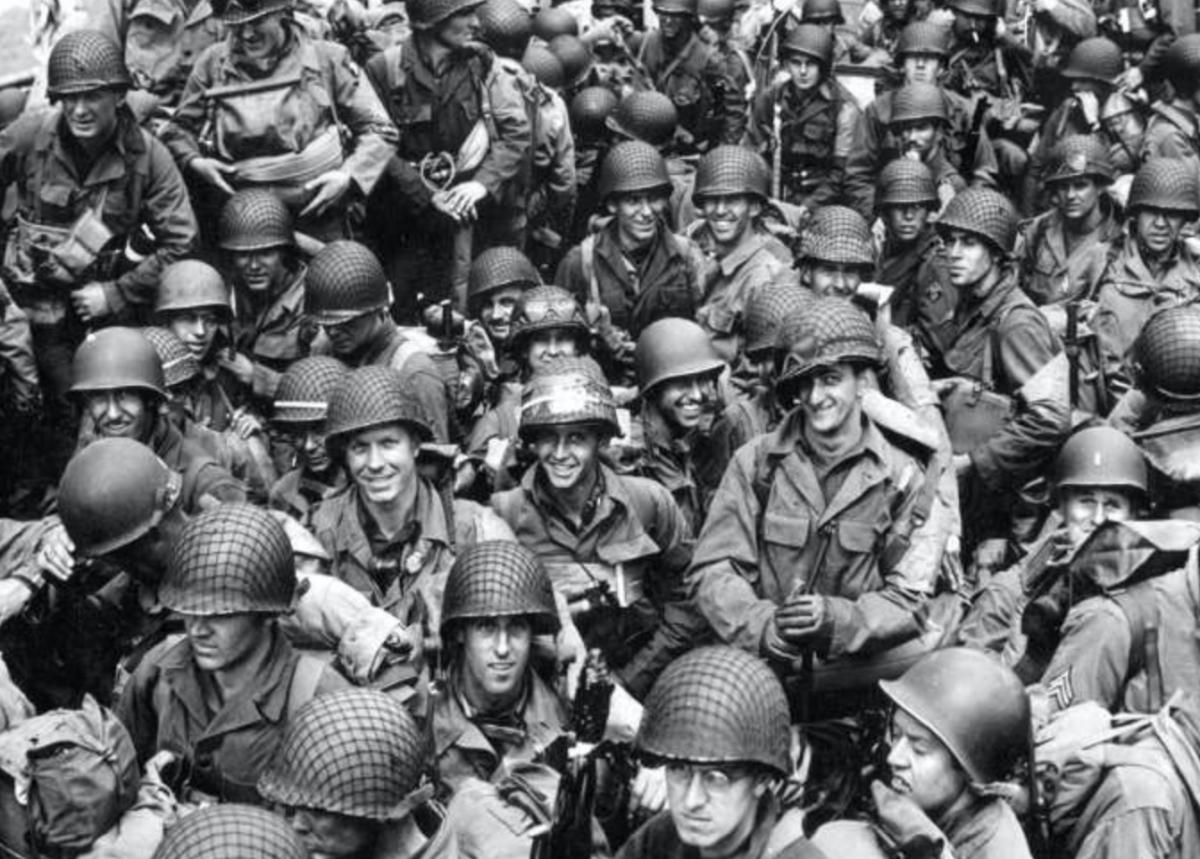When I read last Friday about President Trump’s confirmed comments about veterans buried in military cemeteries as “losers” and “suckers,” I so wanted to believe that I had had a bad dream. After all, who would make such demeaning remarks about members of the Armed Services killed in combat or training accidents?
I decided I wouldn’t write a column condemning our nation’s top-elected political leader, who in the past also characterized the late Sen. John McCain, a tortured prisoner of war during the Vietnam Conflict, as a “loser.”
Trump has no shame or conscience. His comments consign him a to category occupied only by himself; any semblance of dignity and class has eluded him in a painfully public way.
I prefer to use this weekly space to extol the men and women who have served and continue to do so in horribly dangerous parts of the world. They seek no transactional reward. They expect fairness and clarity up and down the chain of command. If medals come their way, so be it.
When a member of the military services takes an enlistment oath, he/she understands that the possibility of death is an implied consequence. If death or maiming hopefully doesn’t result, deprivation often does. Time away from family is difficult.
Why does a person serve when not compelled by a draft? The answer is complicated.
Many don the uniform in allegiance to their parents or grandparents or best friends. Some are looking to leave home and lives promising restricted opportunity. Some ache to serve their nation, as was the case after our homeland was attacked on 9/11/2001. Some believe that military service is a requirement of good citizenship.
In my scorebook, anyone who serves our country (or the Peace Corps or other forms of national service) is a winner. The choice demands discipline and dedication.
In the history of our country, many have chosen to serve a cause above themselves. Selflessness outweighs selfishness. It just seems right and honorable.
President Trump only understands fealty to the dollar and the deal. He seems oblivious to non-transactional choices. Comments in a recent Atlantic article portray a person uncomfortable in a cemetery marked by reverence to mostly young men and women who died in service to the United States.
Through the years, as an officer in the Maryland National Guard, I met many World War II veterans. Many of them spent their youth on Omaha Beach on D-Day, June 6, 1944 and beyond on Europe’s fighting fields as part of the 29th Infantry Division (Blue and Gray).
As I’ve written previously, these were ordinary men who performed extraordinary deeds. Many lost close friends in vicious combat on the Normandy beaches and places such as St. Lo and Bastogne.
They would cringe at hearing that their buddies buried at the Normandy American Cemetery in Coleville-sur-Mer in France were called “losers” and “suckers” by the current UI.S. president. While Trump may deny these words, others caught in shocked disbelief heard them.
A visit to a military cemetery elicits sympathy and appreciation. I look particularly at the deceased’s age and wonder how they died: What were their life stories? How were their families affected? What were their dreams about life after military service?
World War II veterans were especially stoic. They talked little about their combat experiences. Maybe they shared their stories in their later years. They wanted to move on with their civilian lives. Unfortunately, they did not seek solace or professional help when they returned, still bedeviled by flashback and fear.
Our military cemeteries, such as Arlington National Cemetery, reflect American values at their most basic level. Whether drafted or volunteer enlistees, the men and women who reside in calm and peace bespeak a willingness to go in harm’s way and leave the comfort of home.
A winner doesn’t criticize those who died in combat or a training accident.
A winner honors and reveres those who sought to serve bravely and selflessly.
A loser condemns what he doesn’t know.
Columnist Howard Freedlander retired in 2011 as Deputy State Treasurer of the State of Maryland. Previously, he was the executive officer of the Maryland National Guard. He also served as community editor for Chesapeake Publishing, lastly at the Queen Anne’s Record-Observer. In retirement, Howard serves on the boards of several non-profits on the Eastern Shore, Annapolis and Philadelphia.



Steve Klingelhofer says
Thank you.
Paula Reeder says
Thank you for speaking truth to power Mr. Friedlander.
Patty Heaps says
I’m still looking for the confirmation of which you speak. I found remarks by the Atlantic editor justifying using anonymous sources because, you know, Orangeman bad. Must have been buried between the stories of Trump’s nomination for the Nobel Peace Prize.